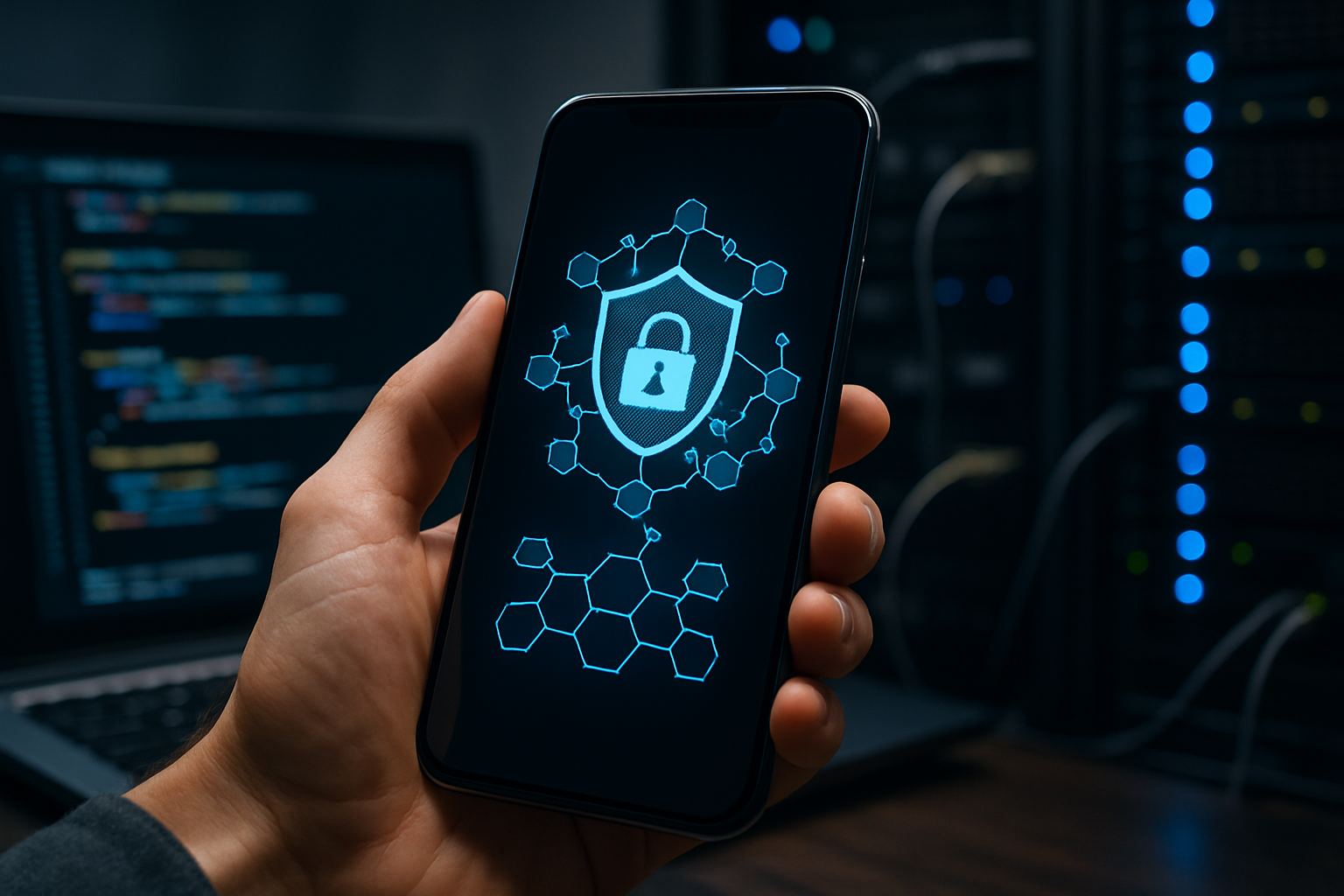How to Keep Your Online Personal Data Safe?
Digital technology has transformed the way we communicate, shop, and manage our daily lives, but it has also opened new avenues for cyber threats. From social media profiles to online banking, much of our personal information is stored and transmitted online, making it vulnerable to misuse. Data security is essential not just for businesses, but also for individuals who want to safeguard their online presence. Failure to implement effective data protection measures can lead to identity theft, financial loss, and privacy breaches. Awareness is the first step in creating a secure digital environment.

Why is online data security important?
Understanding the importance of online data security is the first step towards protecting yourself in the digital realm. Every time you browse the internet, shop online, or use social media, you leave a digital footprint. This data, if not properly secured, can be exploited by cybercriminals for identity theft, financial fraud, or privacy breaches. By prioritizing data security, you’re not just protecting your personal information but also preserving your financial well-being and peace of mind.
How can you create strong and unique passwords?
Creating strong and unique passwords is your first line of defense against unauthorized access to your accounts. A robust password should be at least 12 characters long, combining uppercase and lowercase letters, numbers, and special symbols. Avoid using easily guessable information like birthdays or names. Instead, consider using a passphrase – a string of random words that’s easy for you to remember but difficult for others to crack. Most importantly, use a different password for each account to prevent a single breach from compromising all your online identities.
What are phishing and social engineering attacks?
Recognizing phishing and social engineering attacks is crucial in maintaining your online security. Phishing involves fraudulent attempts to obtain sensitive information by disguising as a trustworthy entity in electronic communication. Social engineering, on the other hand, manipulates people into divulging confidential information. Be wary of unsolicited emails, messages, or calls asking for personal details. Always verify the sender’s identity and never click on suspicious links or download attachments from unknown sources.
How can you secure your devices and networks?
Securing your devices and networks is fundamental to protecting your online data. Start by keeping your operating systems, software, and antivirus programs up-to-date. Enable firewalls on your devices and use a Virtual Private Network (VPN) when connecting to public Wi-Fi networks. For home networks, change the default router password, enable WPA3 encryption, and regularly update your router’s firmware. Consider using two-factor authentication for an extra layer of security on your accounts.
What are best practices for monitoring online accounts?
Monitoring your online accounts and activity is an ongoing process that helps detect and prevent unauthorized access. Regularly review your account activity, especially for financial and email accounts. Set up alerts for suspicious activities, such as login attempts from unfamiliar locations. Use credit monitoring services to keep track of your financial accounts and credit reports. Be proactive in checking your privacy settings on social media platforms and limit the amount of personal information you share online.
How can a Cyber Security Degree enhance your online protection skills?
Pursuing a Cyber Security Degree can significantly enhance your ability to protect personal data online. These programs offer in-depth knowledge of network security, cryptography, ethical hacking, and digital forensics. Students learn to identify vulnerabilities, implement security measures, and stay updated with the latest cyber threats and defense mechanisms. A Cyber Security Degree not only equips you with technical skills but also develops critical thinking abilities essential for anticipating and mitigating potential security risks.
| Program | Institution | Key Features | Estimated Duration |
|---|---|---|---|
| Bachelor of Science in Cybersecurity | University of Maryland Global Campus | Online program, NSA/DHS designated | 4 years |
| Master of Science in Cybersecurity | Georgia Tech | Flexible online format, specializations available | 2-3 years |
| Associate of Applied Science in Cybersecurity | Ivy Tech Community College | Affordable, hands-on training | 2 years |
Prices, rates, or cost estimates mentioned in this article are based on the latest available information but may change over time. Independent research is advised before making financial decisions.
In conclusion, keeping your online personal data safe requires a multi-faceted approach. From creating strong passwords and recognizing potential threats to securing your devices and monitoring your accounts, every step contributes to your overall digital security. For those looking to delve deeper into this field, a Cyber Security Degree offers comprehensive knowledge and skills to navigate the complex landscape of online security effectively.




